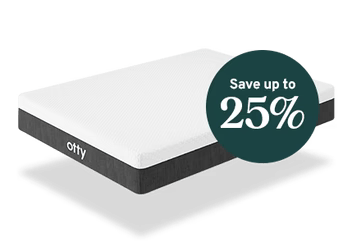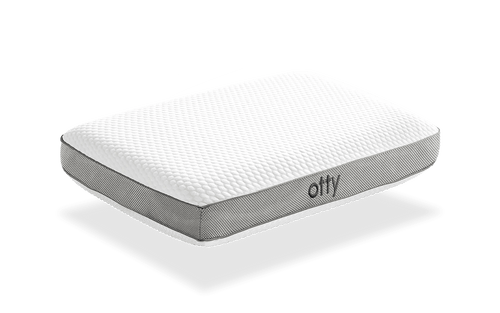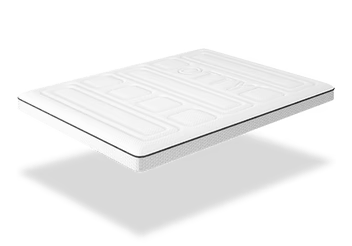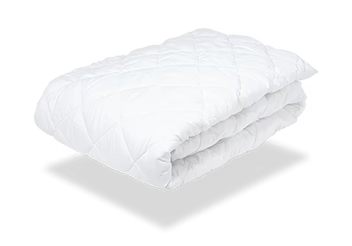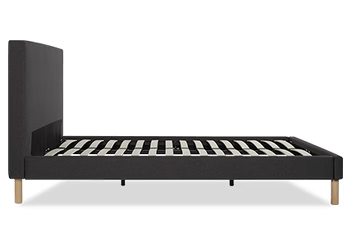Want to chat? Call us 01133 202 490
What Helps You Sleep?
A bad night’s sleep can cause a host of issues, such as increased stress levels and performance issues, as well as affecting physical and mental wellbeing.
As many people may be looking for information around how to get better sleep, we decided to collaborate with multiple experts to gather insight and advice into different tips, tricks and lifestyle changes to help you sleep better.
We looked at how sleep is impacted by things like the sleep environment or your diet, how lack of sleep can affect your productivity, and how mindfulness tactics and certain scents might be able to help you drift off. Read on to find out more…
